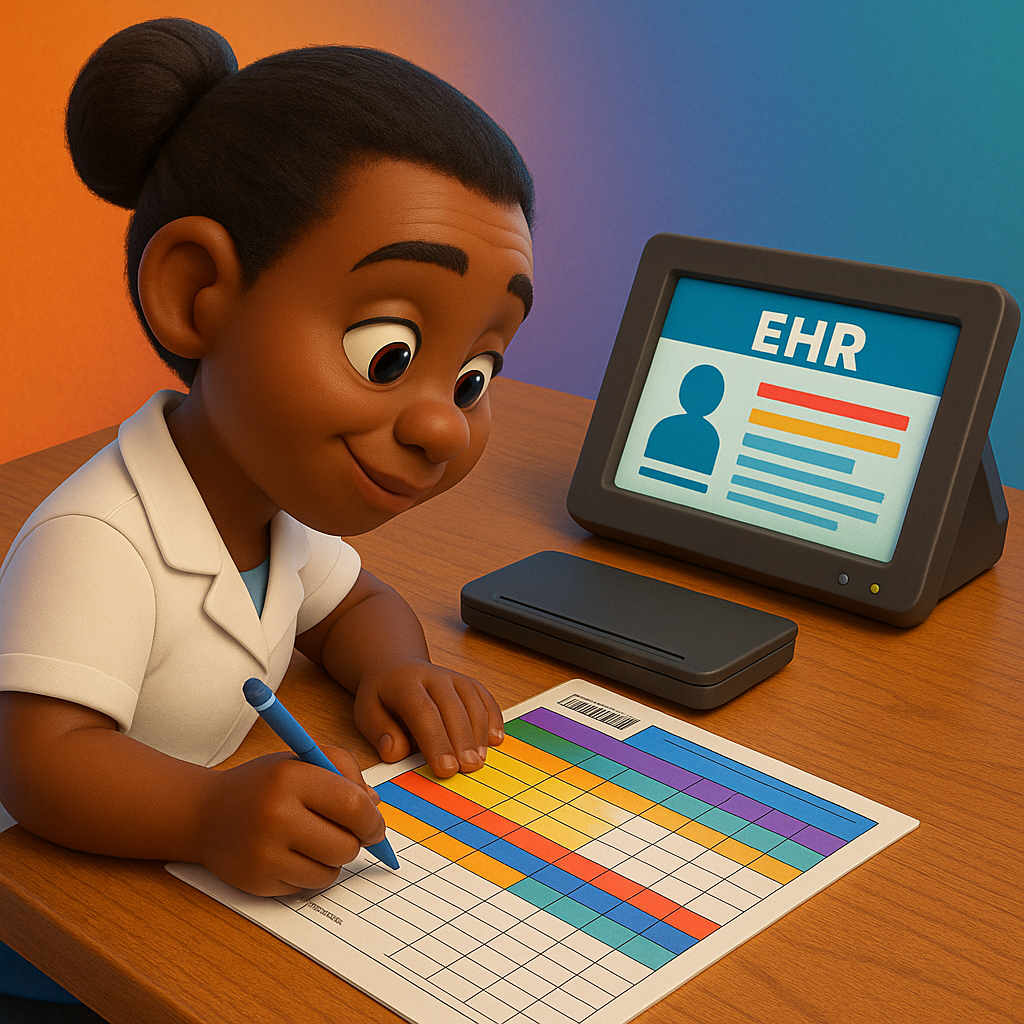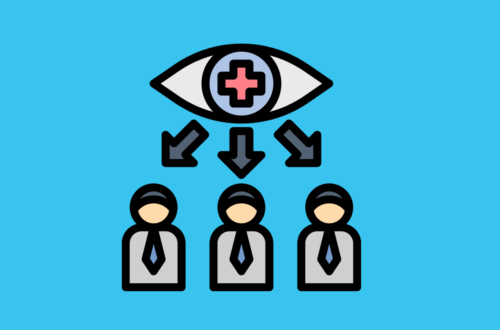
Can Shifo Foundation’s Smart Paper Technology Transform Healthcare Data Management in Emerging Economies?
Can Shifo Foundation’s Smart Paper Technology Transform Healthcare Data Management in Emerging Economies?
Shifo Foundation’s Smart Paper Technology (SPT) is enabling low-income countries to enjoy the perks of advanced eHealth solutions without getting bogged down by infrastructure limitations.
Initially, Shifo was established because low-income countries lacked accurate healthcare data. Poor data quality meant no solid indicators existed for decision-making.
“The foundation was created with a vision of a day when no mother or child dies or suffers from preventable diseases. We see achieving the vision by working together with the key partners by identifying and closing the gaps based on reliable and relevant data and information,” says Nargis Rahimi, co-founder and director of partnerships at Shifo Foundation.
Early Experience in Uganda
In their first attempt at data quality improvement, Shifo partnered with Uganda’s Ministry of Health. Initially, health workers used mobile devices—phones and laptops—to record patient data. But it quickly became apparent this method actually added to the problem. Regions with poor electricity, limited internet connectivity, security issues, and resource constraints struggled to sustain mobile solutions. Health workers ended up duplicating their tasks: recording data on paper and entering the same data digitally.
Enter Smart Paper Technology
Recognising these limitations, Shifo introduced the Smart Paper Technology—a blend of paper and digital tech designed to sidestep these infrastructural hurdles.
Supporting Policy with High-quality Data
SPT allows healthcare systems to generate and utilise high-quality data, enabling policymakers to make informed decisions by clearly identifying gaps in health service delivery.
How Does Smart Paper Digitise Data?
Health workers fill out paper forms with standardised fields. These forms are scanned at designated scanning centres, typically located at better-equipped facilities or district centres. Post scanning, data becomes digitised and electronic health records are created, identified uniquely by client ID numbers.
Health workers also complete forms for stock management, tracking medicines and supplies.
Using this digitised data, health facilities measure their performance using Key Performance Indicators. Decision-makers at district, regional, and national levels use the actionable data to enhance health services.
Why Choose Smart Paper Over Traditional Methods?
The beauty of SPT is its simplicity. Health workers use familiar tools—paper and pen—but fill in specially designed forms with fields that streamline data capture. This eliminates duplication and drastically reduces administrative tasks. Independent evaluations revealed that using Smart Paper cuts administration time by over 50%, allowing health workers to spend more quality time with patients. Additionally, the cost analysis indicated governments can maintain SPT within their existing budget for paper forms.
Key Achievements
External evaluations confirmed that Smart Paper delivers 99% data accuracy. With administrative workloads halved, health workers can now prioritise patient care and efficiently manage digital health records.
SPT also has features like automated SMS reminders for patient visits.
“We have started working with strengthening health management information system; however, since 2018, we are all strengthening logistics and supply information system to ensure demand and supply sides are working effectively,” says Rahimi.
Navigating Challenges
Shifo currently operates in Uganda, Afghanistan, The Gambia, Kenya, Tanzania, and Haiti. Each country has its distinct challenges, from security concerns in Afghanistan to health worker shortages elsewhere. Rahimi highlights how understanding these unique contexts helps tailor solutions that truly deliver value and sustainability.
Evaluations in The Gambia showed that mothers and health workers benefit greatly from SMS vaccination reminders, reduced admin time, improved data accuracy, and automated monthly reports.
Adapting solutions to existing infrastructures remains challenging. “If no infrastructure supports a digital solution, there needs to be a solution that solves the issue based around the existing infrastructure in the country. In some of the countries we have worked with, security has been an issue during capacity building. Therefore, the challenge is to develop alternative solutions for capacity building in such situations,” Rahimi explains.
Minimising Data Errors
Digital paper reporting is remarkably accurate, boasting 99% data quality. Rahimi assures that the risk of data errors is minimal, around 1%.
Expanding Facility-Based Reporting
“At Shifo, we work to improve data quality to strengthen data culture in health services. To date, our focus has been on facility-based reporting. However, we are always interested in exploring how our work can be used to support improvement in community health programmes, especially in countries where it is institutionalised,” explains Rahimi.
Exploring Future Collaborations
Shifo aims to deepen its existing partnerships and scale up efforts in new countries facing similar challenges. When asked about potential collaboration with India, Rahimi concludes positively: “We believe data use and data quality is essential in healthcare, and we are always looking for partnerships to improve health services worldwide. We work on strengthening all levels of health systems for services to operate as seamlessly as possible. We would be extremely interested to learn more and discuss this idea further as India is a country where we could bring added value.”




